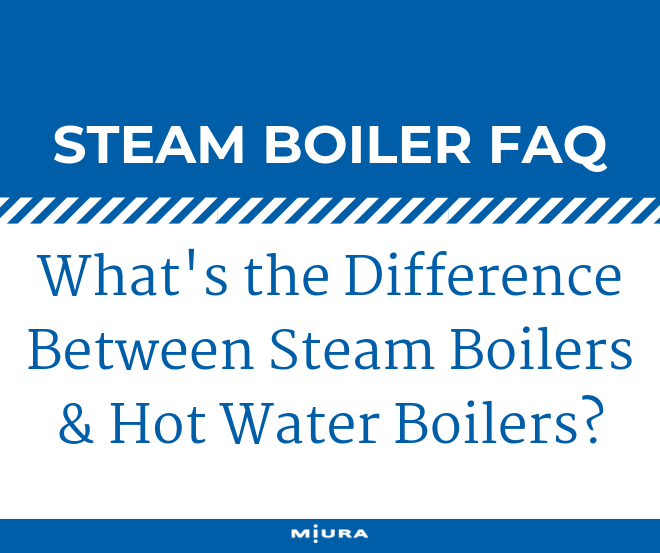The Difference Between Steam & Hot Water Boilers
Businesses, in all kinds of industries, use boilers to meet the energy demands of their facilities. Those needs may vary. There are two types of boilers to choose from — hot water or steam boilers. The key difference between the two comes down to temperature.
It sounds straightforward, but you need to be aware of this difference. That’s because determining which kind of boiler is right for a given facility depends on the application the unit will be used for.
Hot water heaters are used to provide heat
The decision to go with a hydroponic heating system or hot water boiler means you probably need the unit to meet your facility’s water and air heating demands. This type of boiler can deliver temperatures of 180-200° Fahrenheit.
For those functions that need even more heat, a high-temperature hot water boiler, which provides temperatures of up to 240° Fahrenheit, is an option. You can expect an operating pressure of between 30 to 125 psig from a high-temperature hot water boiler.
Steam boilers are used for high- or low-pressure system requirements
Steam boilers provide the most flexibility for heating because they can handle high-pressure process loads, as well as heating water and air for low-pressure applications through steam-to-water or steam-to-air heat exchangers. However, they are limited to 15 psig design pressure, at a minimum. Opting for a high-pressure boiler is the right choice for process loads. These units deliver design pressures between 75 and 700 psig to meet saturated steam process requirements. Also available are high-pressure steam water-tube boilers which are used to deliver highly-heated steam.

